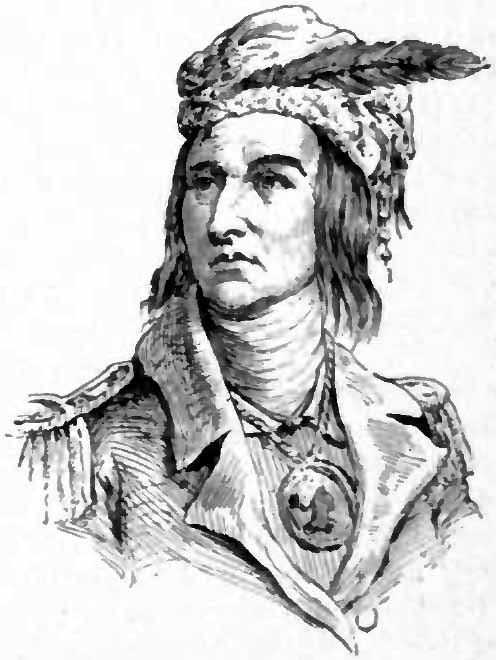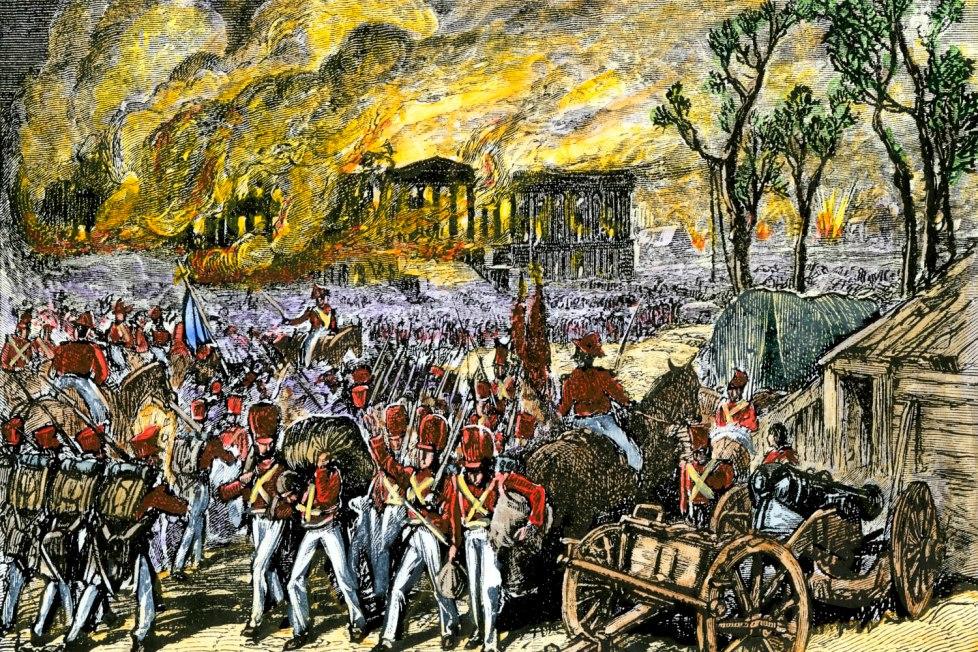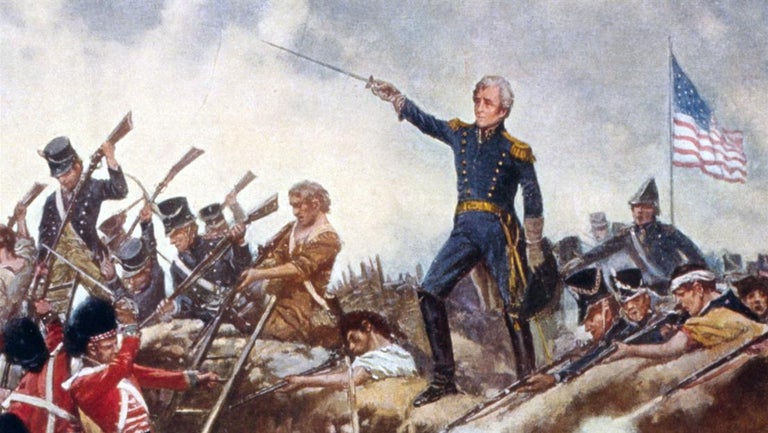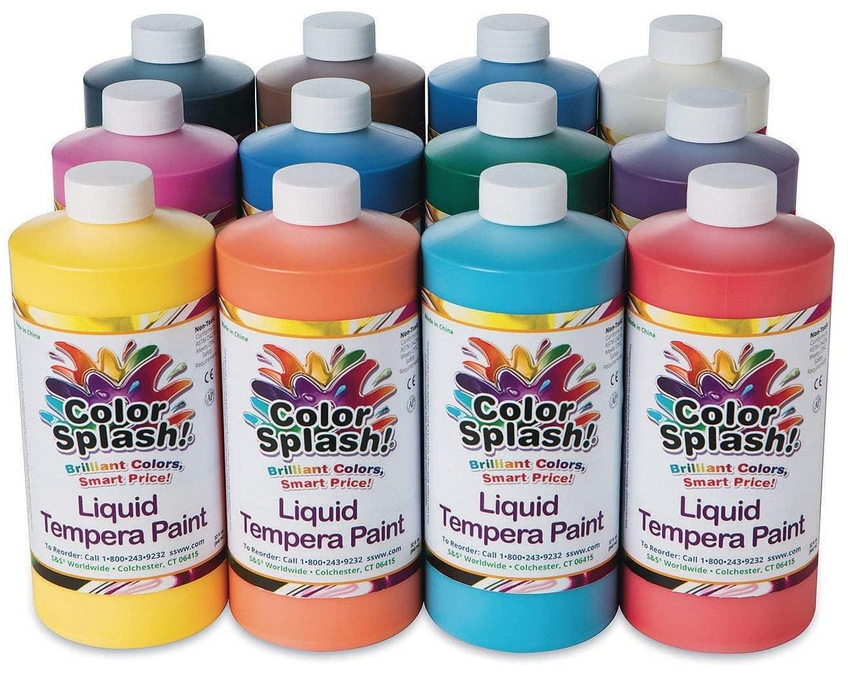- Home
- Social Studies
- War of 1812
The War of 1812
Conflict between the Americans and the British didn't end with the fighting of the American Revolution. Europe was in turmoil, with the British and the French struggling for control. America tried to remain neutral, but the British blockaded a number of American ports, stopping the free flow of goods.
 Tecumseh, Shawnee leader Tecumseh, Shawnee leader |
At the same time that this war of commerce was being waged in the East, a confederation of Indians under the Shawnee leader Tecumseh was trying to stop settlers from going farther west than the Ohio River into land claimed by the British. When the Indians attacked the stronghold of the American governor of Indian territory in 1811, a group of "war hawks" called for the United States to enter into war. |
|
The dual American desire for free commerce on the seas and free access to western lands finally led President James Madison to declare war on Britain in 1812. Fighting seemed to start without any overall plan, and land battles went both ways. The low point for Americans was in 1814 when they saw British troops march into Washington and burn the Capitol and the White House. |
 The British burned the White House in 1814 The British burned the White House in 1814 |
 No-nonsense commander Andrew Jackson cleverly defended New Orleans.
No-nonsense commander Andrew Jackson cleverly defended New Orleans.There was no clear winner of the war, but the British, tired of fighting, agreed to enter into discussions to end the hostilities. On Christmas Eve of 1814, a peace treaty was signed at Ghent (in present-day Belgium), but since communications were slow, news of the truce did not reach the shores of America for some time; meanwhile, Andrew Jackson waged a fierce battle at New Orleans. It proved to be a great military success for the Americans: General Andrew Jackson led a group of sharpshooters against the greater forces of the British - and defeated them in less than an hour. No real changes resulted from this fighting - the peace treaty was served only to return territory to prewar boundaries.
But the Americans emerged stronger and more nationalistic than before: they finally had gained true independence from Great Britain.
|
El conflicto entre los Estados Unidos y Gran Bretaña no se acabó con la Guerra de la Independencia. Había una situación de intranquilidad en Europa. Los Estados Unidos trataron de permanecer neutrales, pero los ingleses bloquearon varios puertos estadounidenses, impidiendo así el libre paso de las mercaderías. Al mismo tiempo, Tecumseh, un líder shawnee y sus indios, atacaron la plaza fuerte del gobierno del territrio indio en 1811 para defeder el territorio reclamado por los británicos. El doble deseo de los Estados Unidos de poder comerciar libremente en los mares por un lado y de tener libre acceso a los territorios de oeste por el otro, llevaron finalmente que el presidente James Madison declarara la guerra a Gran Bretaña in 1812. |
Quiz - Online
Okay, so now I've put on some ads from Amazon - from which I may earn a few cents. (2025)



